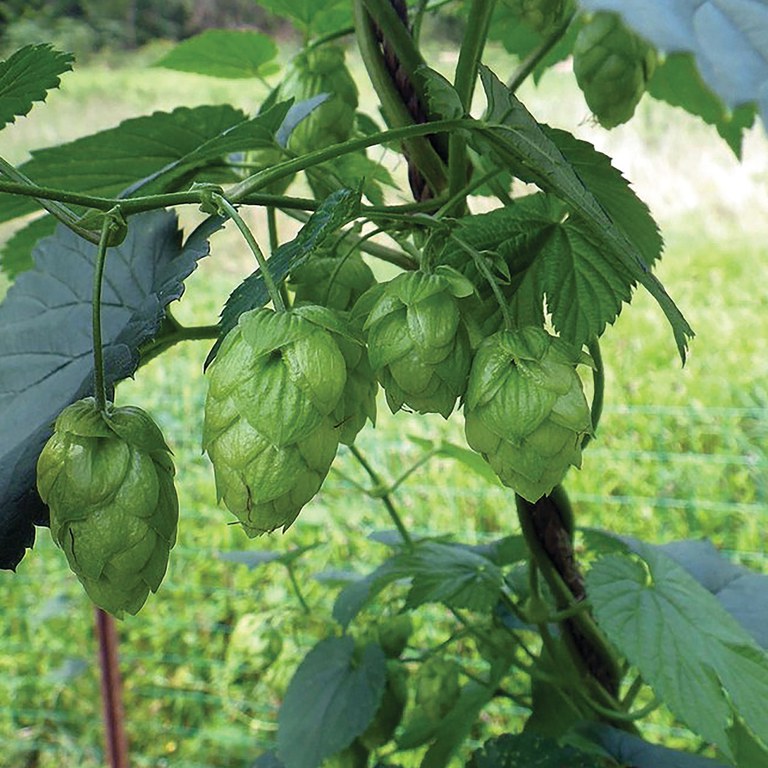Posted: March 2, 2020
Craft beer boom linked to record number of U.S. states growing hops.
Craft breweries aren't just fun places to meet up with friends. They may be fueling an unprecedented geographic expansion of hop production across the U.S., according to college researchers. Their findings suggest that as more craft breweries emerge around the country, so may new opportunities for farmers.
Before 2007, hop production in the U.S. was limited to only three Pacific Northwest states--Oregon, Washington, and Idaho--according to Claudia Schmidt, assistant professor of agricultural economics. Citing a report released this year by the Hop Growers of America, she said that 29 states are now engaging in hop production.
"Our study is the first to systematically show that the number of hop farms in a state is related to the number of craft breweries," said Schmidt. "It suggests that in areas where hop production is possible and not cost prohibitive, breweries are expanding markets for farmers and providing an opportunity to diversify farm income."
The team's findings, which were recently published in the Journal of Wine Economics, are correlational and do not point to a clear cause and effect. However, the time lag built into the model indicates that the growth in breweries preceded the growth in hop farms, said Elizabeth Dobis, a postdoctoral scholar at the Penn State-based Northeast Regional Center for Rural Development.
Looking forward, the researchers said that they will collaborate with Penn State Extension to identify the specific attributes and price points that Pennsylvania craft brewers are looking for in order to help inform farmers' production decisions.
--Kristen Devlin
Features
Fostering Forests
Across the United States, forests face unprecedented threats, and scientists in Penn State's College of Agricultural Sciences are conducting novel and complex research to conserve them.
Buzzing With Purpose
Community scientists work to protect Pennsylvania's wild bees
Conservation Reimagined
Exploring new approaches to cope with a changing climate



